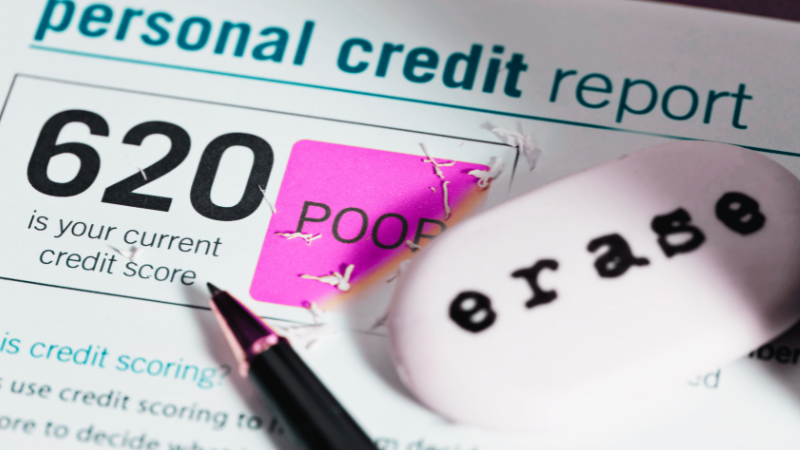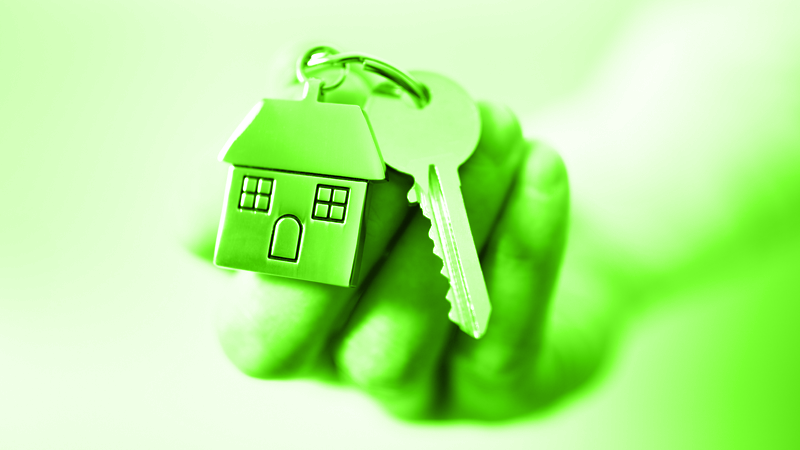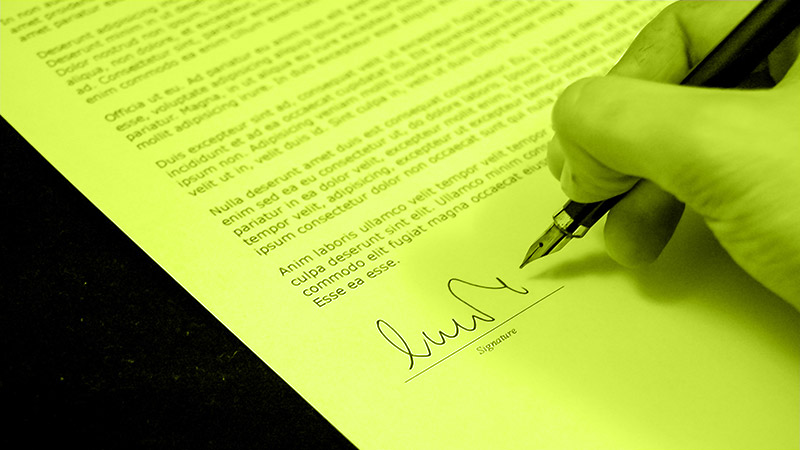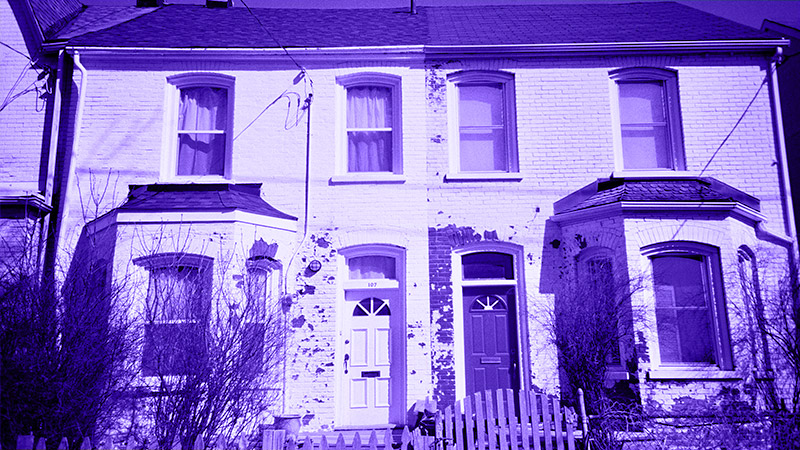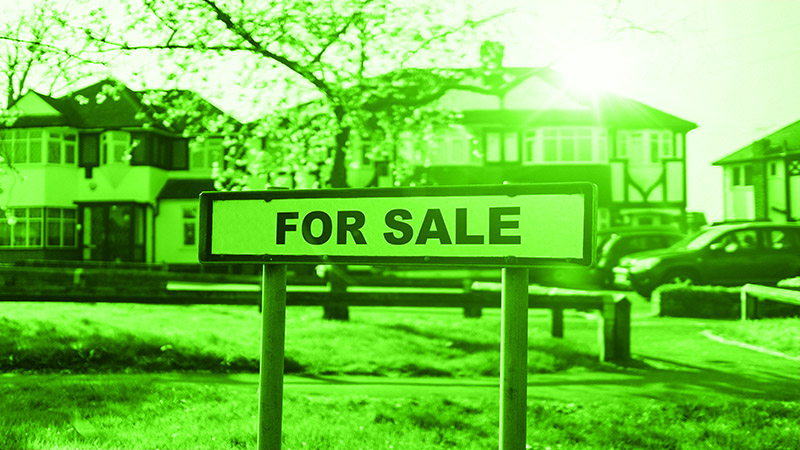It’s advisable to determine how much a mortgage will cost you before taking one out, as repayments will likely be your most significant outgoing expense every month.
In this guide, we’ll explore how much repayments for a £140,000 mortgage can cost you per month, factors that influence monthly costs, and how to get the best rates available.
Repayments For A £140,000 Mortgage
Different factors will influence your monthly repayments for a £140,000 mortgage.
The most vital factors include the term or length of the mortgage and the interest rate you get from your lender.
It’s important to remember that every lender is different, and they’ll have their criteria to determine the rates they give you.
Factors like your credit history or profile and your deposit amount can influence the interest rate a lender is willing to offer you.
Need more help? Check our quick help guides:
- Reasons why a mortgage could be declined on affordability.
- How reliable is a mortgage in principle?
- How do joint mortgages work?
- Can you get a mortgage on a fixed-term contract?
Interest Rates For A £140,000 Mortgage
Interest rates affect monthly repayments on any loan, and the mortgage rate you qualify for will mostly depend on your profile as a borrower and your level of deposit.
You can find rates from 1% to 5% for a £140,000 mortgage among lenders in the UK.
The interest is usually added to a portion of the borrowed amount or capital and repaid each month for the loan duration until you clear the loan.
Interest Only Repayments
Lenders can also allow you to choose between an interest-only or capital repayments plan for a £140,000 mortgage subject to lender criteria.
With capital repayment mortgages, you repay a percentage of the capital plus interest every month for the loan duration.
With interest-only repayments, you only repay the interest on the loan every month and nothing off the capital.
The amount borrowed or capital becomes due at the end of the loan term in one huge lump sum.
To qualify for an interest-only £140,000 mortgage, most lenders require you to show a viable repayment strategy.
It’s easy to pile up a huge debt that can be difficult to repay without a good plan.
A repayment strategy will assure the lender that you can cover the entire balance at the end of the mortgage term.
You may also need a larger deposit to qualify for an interest-only repayment plan for a £140,000 mortgage. Most lenders will only consider a 75% loan to value (LTV) ratio.
The good news is that you’ll have lower monthly repayments with an interest-only mortgage because you’ll not be paying anything off the capital amount.
Related guides:
- Mortgage 5 times salary.
- Can you get a mortgage on land?
- Refurbishment mortgages.
- Part and part mortgages.
- HMO mortgages.
The Term For A £140,000 Mortgage
The term or period of the mortgage will also significantly impact your monthly repayments and the total amount you’ll ultimately pay.
Typically, you can get a period between 5 to 30 years to repay a £140,000 mortgage among lenders in the UK. Some lenders will offer a longer term than this.
With a more extended period, you’ll have cheaper monthly repayments. However, you’ll repay a higher total amount for the loan than a shorter period.
Because the interest compounds each month, you can save thousands by repaying your loan over a shorter period.
The less the term or period of the loan, the less the total amount you’ll pay, but the monthly payments will be higher.
The loan term you get will depend on your circumstances and affordability, and it’s wise to choose a mortgage term based on the amount you can realistically afford to repay each month.
How Deposit Affects Monthly Repayments For A £140,000 Mortgage
Mortgage lending depends on how much you want to borrow relative to the property’s value in what is known as the loan to value (LTV) ratio. A lender’s LTV ratio will influence the deposit you’ll need for a £140,000 mortgage.
The LTV ratio is expressed as a percentage, and it describes how much a lender is willing to offer you compared to the value of the property you’re buying.
For example, if you have a £14,000 deposit for a property worth £140,000, you’ll own 10% outright and need to borrow 90%. The LTV ratio, in this case, becomes 90%.
Lenders will see you as a higher-risk borrower if you have a low deposit, which will translate to unfavourable terms and higher interest rates.
While you can find lenders who offer mortgages of up to 95% of the property value in the UK, they don’t always include the best deals available.
The best terms and rates are offered to borrowers with low LTV ratios. To ensure you get the best terms with affordable monthly payments, you should aim for 20% and above deposits, which is the standard for attractive mortgages and interest rates.
With a higher deposit, you’ll have a lower loan amount and interest to repay monthly and in total.
Related guides:
- When was my house built?
- Buying out a sibling from an inherited house
- How long does it take to release mortgage funds?
- Does a valuation mean that a mortgage is approved?
- Mortgage lenders that accept benefits
- Can I extend my interest-only mortgage term?
A £140,000 Mortgage With Bad Credit
Having bad credit isn’t necessarily a deal-breaker when you’re looking for a £140,000 mortgage.
The number of lenders available to you can be limited, but you can still find lenders specialising in offering mortgages to bad credit borrowers.
With bad credit, mortgage providers will view you as higher risk, and they may charge you higher interest rates and require more significant deposits to offset the risk. Higher interest will translate to higher monthly repayments.
All lenders are not the same, and all borrowers are treated as individuals on a case-by-case basis.
Different lenders will treat you differently depending on your circumstances and how the lender assesses risk.
Each may offer different rates and require different deposit sizes for a bad credit £140,000 mortgage.
You can still qualify for reasonable terms and rates depending on the recency and severity of your bad credit issue. Borrowers with older credit issues are more favourable than those with recent misdemeanours.
It’s recommended to consult a mortgage broker or adviser with access to the entire market to ensure you get the best deals and rates based on your circumstances.
A £140,000 Mortgage For Buy To Let
The criteria for a £140,000 mortgage for a buy-to-let property is different from a residential property.
Buy-to-let mortgage providers may require a 25% deposit, with others accepting a 15% deposit provided you meet their criteria.
Most buy-to-let mortgages are on an interest-only repayment basis which translates to lower monthly payments.
£140,000 Mortgage Final Thoughts
You can easily find various online mortgage calculators that give you a rough idea of how much a £140,000 mortgage can cost you.
However, many other variables are involved, and you may need to consult a mortgage adviser or broker for the best rates and more in-depth expert advice.
Call us today on 03330 90 60 30 or contact us. One of our advisors can talk through all of your options with you.
Further reading:



